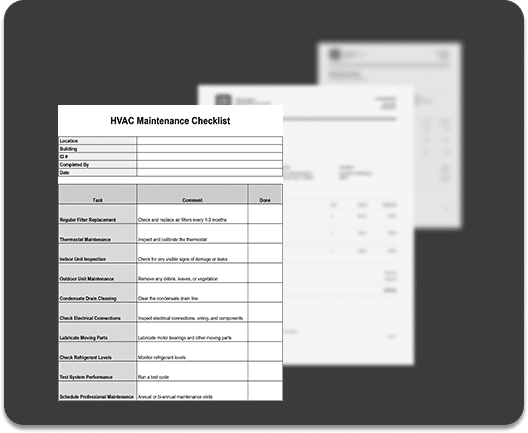
Quarterly highlights collection 1 August – 31 October 2022
Welcome to this quarter’s highlights collection featuring three articles that provide a range of insights from different perspectives on policy and regulation.
In our first article authors Orlando Fernandes, Kevin Morrell and Loizos Heracleous look at How governments can tax multinational enterprises more fairly. Their opening premise is the OECD estimate that USD$240 billion is lost annually to national governments as a result of corporate tax avoidance by Multinational Enterprises (MNEs). The authors explain how MNEs can shift profits across their national subsidiaries to exploit differences in tax regimes. They argue that several sources, including the media, identify a basic clash in worldviews between tax officials, regulators and policymakers on the one hand, and MNEs and their professional advisors on the other. This is often attributed to a conflict of interests – the imperative for MNEs is to maximise shareholder returns whereas Members of Parliament (MPs) and tax officials want to secure revenues to pay for public services.
Through their discourse analysis of in-depth interviews with MPs, regulators, tax officials, and analysis of parliamentary hearings between MPs and MNE representatives, the authors challenge this view. While there is a basic conflict of interests, their findings reveal more fine-grained differences in worldviews and ideologies across the discourses of MPs, global accounting standard-setters, regulators and tax officials. Because there is a lack of alignment across these stakeholders, it becomes harder for national governments to tax MNEs. Thus, just as MNEs can exploit differences in national territories, so they can exploit differences in the worldviews of those meant to hold them to account.
Our second article, The democratic qualities of regulatory agencies by Libby Maman, analyses the democratic qualities of public organisations – transparency, accountability, participation, and representation. These are seen by many as positive and desirable attributes in the context of public organisations, since they reflect the basic democratic value of maintaining power within the public and having citizens take part in and oversee the decisions made by public organisations. However, despite their importance, it is still impossible to measure and compare the extent to which public organisations possess these democratic qualities because a comprehensive measurement tool has not yet been developed. In this article, the author aims to address this problem by developing indicators to measure transparency, accountability, participation, and representation. She focuses on regulatory agencies, ie public organisations that set rules and monitor and enforce different market sectors, as these are often independent of the control of elected parties, which might otherwise undermine their democratic legitimacy.
Following an in-depth qualitative study of various regulatory agencies in different sectors and countries, the author developed 58 indicators to measure, assess, and compare the extent to which regulatory agencies are legally committed to democratic qualities and the extent to which they fulfil them in practice. In this way, the article advances a research agenda that illuminates the role of bureaucracies in promoting pluralistic or majoritarian democratic values. It also makes it possible to assess the degree to which regulatory governance is shifting to a more pluralistic form, becoming more responsive to the public.
Our third and final article is entitled The impact of participatory policy formulation on regulatory legitimacy: the case of Great Britain’s Office of Gas and Electricity Markets (Ofgem) by Elizabeth Blakelock and John Turnpenny. It examines the relationship between the use of policy formulation tools and the resulting legitimacy gained by an independent market regulator governing energy markets in Britain. Through a detailed case study analysing how participatory policy formulation tools were used in energy market policy by a regulator – Ofgem – between 2007 and 2016, the authors found there were inequalities of influence by different policy actors, which posed a significant challenge to the regulator’s legitimacy. As the legitimacy of regulatory participation processes are being discussed more intensively in the European context, this timely article provides crucial insights into relationship between the use of policy formulation tools and the resulting legitimacy gained by an independent market regulator.
We hope you have enjoyed this collection of highlights from Policy & Politics on policy and regulation. If you are interested in other recent collections from Policy & Politics, please check out our recent blog series on our special issue on Transformational Change in Public Policy just published in our July issue!
You can read the original research in Policy & Politics
How can governments tax multinational enterprises more fairly? A discourse analysis
Orlando Fernandes, Kevin Morrell and Loizos Heracleous
The democratic qualities of regulatory agencies
Libby Maman
The impact of participatory policy formulation on regulatory legitimacy: the case of Great Britain’s Office of Gas and Electricity Markets (Ofgem)
Elizabeth Blakelock and John Turnpenny
The views and opinions expressed on this blog site are solely those of the original blog post authors and other contributors. These views and opinions do not necessarily represent those of Policy & Politics, the Policy Press and/or any/all contributors to this site


















